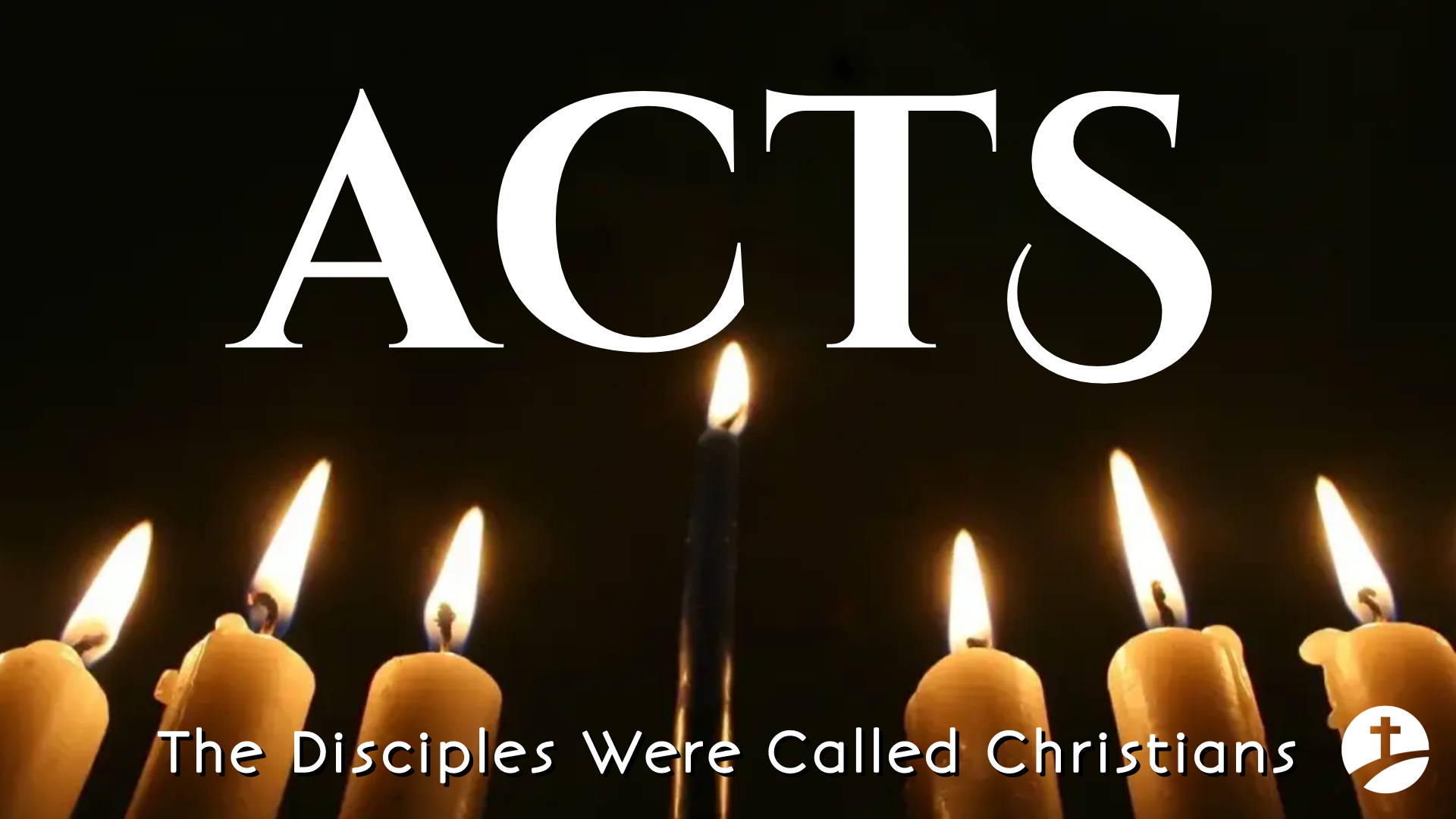Acts 11:19-30 NIV
19 Now those who had been scattered by the persecution that broke out when Stephen was killed traveled as far as Phoenicia, Cyprus and Antioch, spreading the word only among Jews. 20 Some of them, however, men from Cyprus and Cyrene, went to Antioch and began to speak to Greeks also, telling them the good news about the Lord Jesus. 21 The Lord’s hand was with them, and a great number of people believed and turned to the Lord.
VV. 19-21: The Gospel Spreads to Gentiles
- Those who had been scattered: Unnamed laypeople who were forced to flee after Stephen’s martyrdom (cf. Acts 8:1-2).
- Antioch: About 300 miles north of Jerusalem. Antioch was at the time, the third largest city in the Empire, with a population exceeding 500,000. Antioch was far more culturally diverse than Jerusalem, with a reputation of immorality and superstition. Antioch would later be known as “the Cradle of Christianity” in the ancient world, as it housed a powerful and mission minded church (cf. Acts 13:1-3).
- Began to speak to Greeks also: Cornelius and his household were the first-fruits of the Gentile harvest (cf. Act 10:1-11:18). As Luke’s focus turns from Jerusalem to Antioch, so the evangelization of Gentiles in far off places in highlighted.
- The Lord’s hand was with them: Sometimes “results” can be deceiving. Gaining a large following is not necessarily a sign of divine favor. However, Luke assures us that God was guiding and empowering the church to reach Gentiles. Indeed, the turning of these gentiles was not a result of man’s wisdom, but “what the grace of God had done” (v. 23).
22 News of this reached the church in Jerusalem, and they sent Barnabas to Antioch. 23 When he arrived and saw what the grace of God had done, he was glad and encouraged them all to remain true to the Lord with all their hearts. 24 He was a good man, full of the Holy Spirit and faith, and a great number of people were brought to the Lord.
25 Then Barnabas went to Tarsus to look for Saul,26 and when he found him, he brought him to Antioch. So for a whole year Barnabas and Saul met with the church and taught great numbers of people. The disciples were called Christians first at Antioch.
VV. 22-26: The Church in Antioch
- They sent Barnabas to Antioch: A Levite from Cyprus who became known in the church for his encouragement and generosity (Acts 4:36-37). Barnabas had evidently risen in the ranks of the church as he was entrusted to oversee the Lord’s work in Antioch and was later called an apostle (cf. Acts 14:14).
- He… encouraged them: In keeping with his character and calling, Barnabas encouraged the new believers in Antioch. They certainly needed guidance and leadership in their newfound faith.
- Saul: Barnabas was among the first to recognize Saul as a true disciple (cf. Acts 9:26-27), he also recognized his gifts and calling and trusted him to help lead the new church.
- The disciples were called Christians: The word “disciples” (Greek, mathetes) is the common designation for Christ followers, found over 250x in the New Testament. “Christian” only appears 3x in the New Testament (including this text), suggesting that the word was not how disciples of Christ self-identified early on. In fact, the name “Christian” may have come from the outside as a term of derision for those who were completely fixated on this “Christos” whom the Pagans knew not of (cf. 1 Peter 4:16).
27 During this time some prophets came down from Jerusalem to Antioch. 28 One of them, named Agabus, stood up and through the Spirit predicted that a severe famine would spread over the entire Roman world. (This happened during the reign of Claudius.) 29 The disciples, as each one was able, decided to provide help for the brothers and sisters living in Judea. 30 This they did, sending their gift to the elders by Barnabas and Saul.
VV. 27-30: A New Testament Prophet
- Agabus: A specific example of a fivefold prophet (cf. Ephesians 4:11-12). New Testament prophets and prophecy bring divine revelation pertaining to specific people, groups of people, regions and situations. They do not have authority to write new Scripture or invent new doctrine.
- The disciples… decided to provide help: The disciples in Antioch took up a collection to support the church in Jerusalem. This further illustrates the shift in the center of early Christianity as Antioch becomes the benefactor to Jerusalem. Perhaps this is also a picture of the honor of support the Gentiles owed the Jews, from whom came the Messiah.
Summary
- Antioch was a strategic city where the church could flourish and expand throughout the Empire.
- The Antioch Church’s “launch team” consisted of apostles, teachers and prophets (cf. Acts 13:1).
- In Antioch, the church gained its identity and reputation in the world as attached to the person of Jesus Christ.
